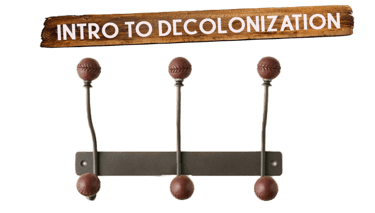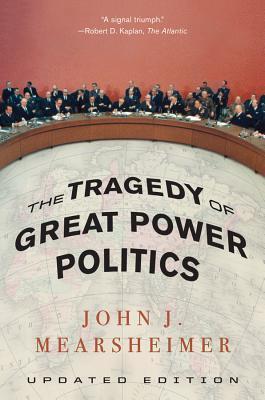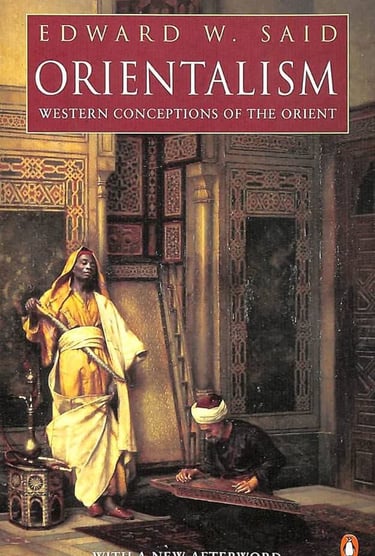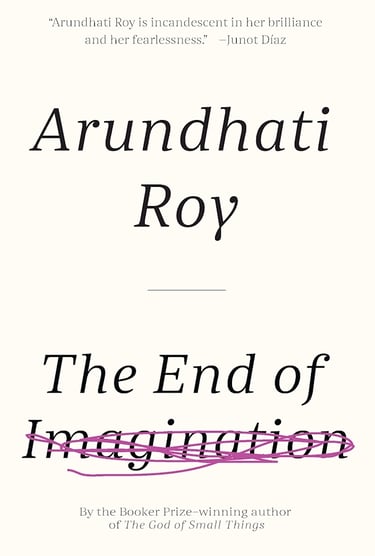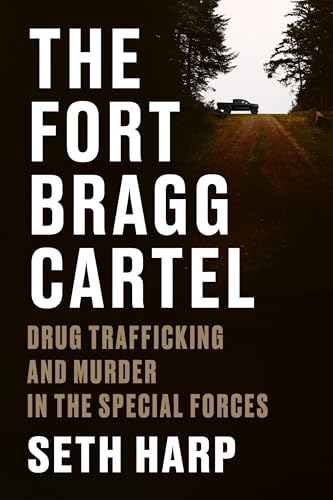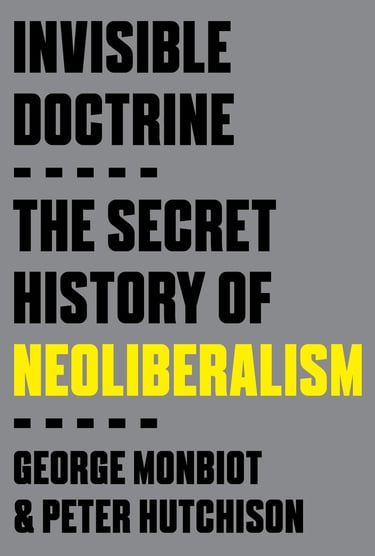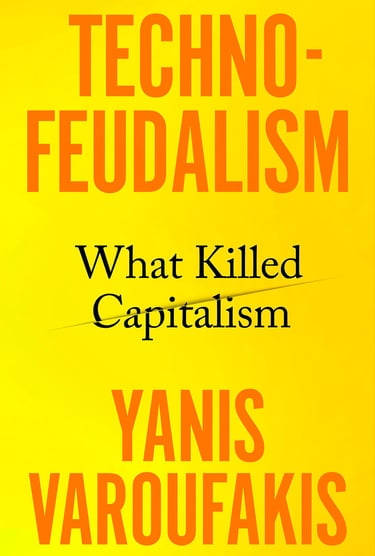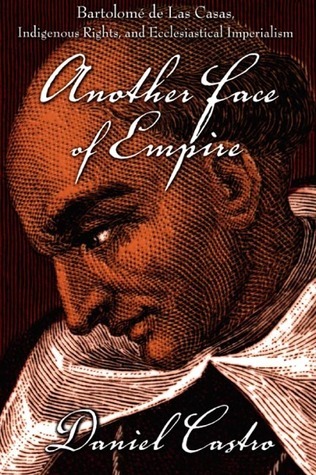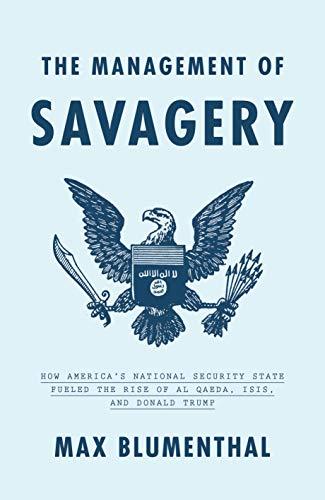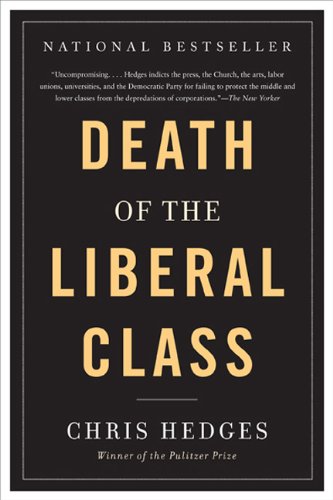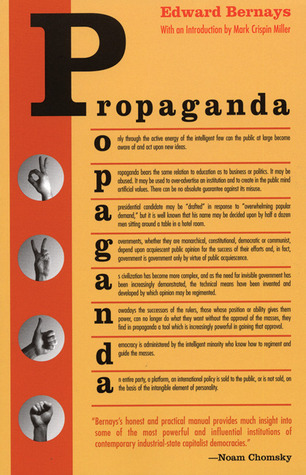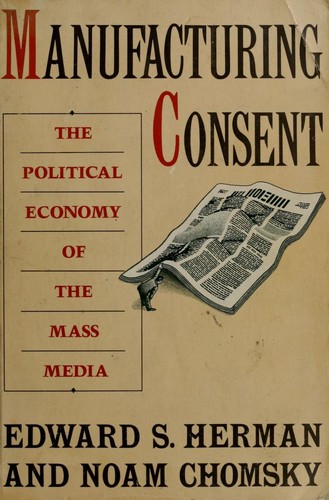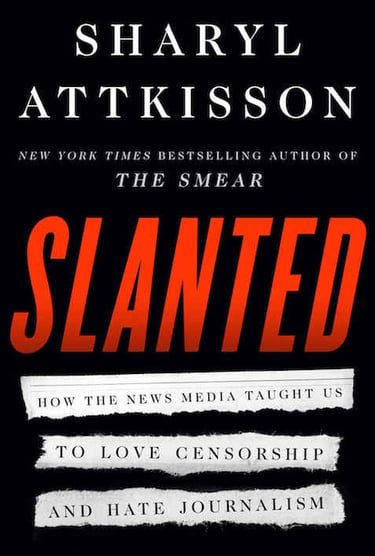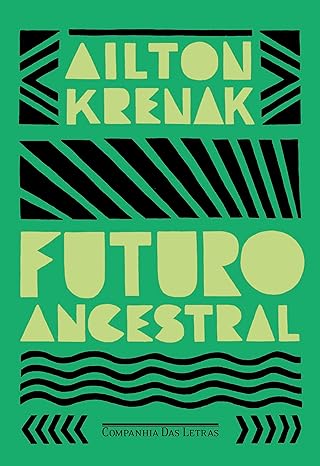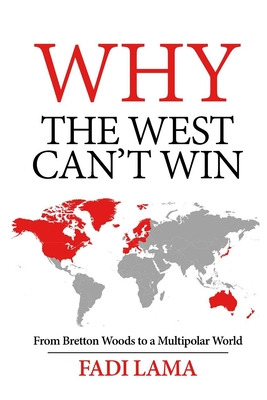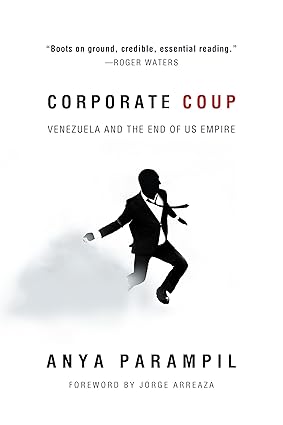

We support and promote decolonial perspectives presented by the following groups, collectives and organisations:
Indigenous rights
Peasant rights
Animal rights
Systems change
Devex
White supremacy and coloniality
Smith, Craney, & Roche
Collapse
Weaponizing Time – The Global Operating System of Western Power, Nel Bonilla
The End of the Line: How Overfishing Is Changing the World and What We Eat, Charles Clover
Eating Animals, Jonathan Safran Foer
Earth beyond six of nine planetary boundaries, Richardson et al
The Collapse of Complex Societies, Joseph A. Tainter
Seeing Wetiko: On Capitalism, Mind Viruses, and Antidotes for a World in Transition, Ladha and Kirk
The incel phenomenon: A systematic scoping review, Aiolfi et al

Africa Today (Nigeria)
MNN Centre For Investigative Journalism (Lesotho)
Inkyfada (Tunisia)
Viewfinder (South Africa)
Sahara Reporters (Africa)
The Museba Project (Central Africa)
Al Qatiba (Tunisia)
We recommend the following journalistic approaches:
Africa
Asia
Tehran Times (Iran)
Janta Ka Reporter (India)
Focus on the Global South (Thailand)
NewsClick (India)
The Caravan (India)
Nemoskva (Russia)
The Caravan (India)
Proekt (Russia)
Pavneet Singh (India)
Citizen Matters (India)
The Gecko Project (UK/Indonesia)
Mikroskop (Azerbaijan)
Raftar (Pakistan)
Kloop (Kyrgyzstan)
Prensa Latina (Cuba)
ARMANDOINFO (Venezuela)
100r (US)
Fair World Project (US)
El Centro de Periodismo Investigativo (Puerto Rico)
The Grayzone (US)
Confidencial (Nicaragua)
Periodismo de Barrio (Cuba)
IDL Reporteros (Peru)
Critical Frequency and Drilled (US)
Ojo Público (Peru)
Americas
Middle East Monitor (UK)
The Canary (UK)
Re:Baltica (Latvia)
Disclose (France)
Environmental Investigative Forum (France)
Forbidden Stories (France)
Lowkey a.k.a. Kareem Dennis
Europe
International
Why We Don’t Recommend Academic Perspectives
Academic perspectives are often the first stop for people beginning to explore decolonisation, but we don’t recommend them. Their language is usually inaccessible, their concepts overly intellectual and rational, and their framing disconnected from lived realities. Most academic writing on decolonisation is written for other academics and cultivates an intellectual detachment that focus on theory without context. Engaging with these perspectives before understanding how the world actually operates leaves you ungrounded in the realities and lived experiences that decolonisation demands engagement with.
In response to the failures of dominant sustainability, there’s a growing rush to “borrow” Indigenous practices and spiritual frameworks, because that is way more comfortable than confronting and healing one’s own disconnection from heritage and land.
Such appropriative gestures further entrench colonial relations, turning Indigenous wisdom into a commodity for Western consumption. Decolonial work demands something harder:
Reckoning with one’s own colonial complicity.
Addressing heritage confusion and building contextual foundations for decolonial sustainabilities, rather than extracting from Indigenous worldviews.
Supporting Indigenous sovereignty instead of appropriating Indigenous lifeways.
We don’t feature Indigenous perspectives too heavily in our resources because engaging with them without first understanding the colonial world order we operate within carries a high risk of co-optation. Too often, Indigenous and BIPOC perspectives are offered on a silver plate to sustain and polish violent, white supremacist systems, rather than to abolish them altogether. True decolonial work demands justice and reparations for harms past, present, and future, and a commitment to ending those systems, not improving them.

















































